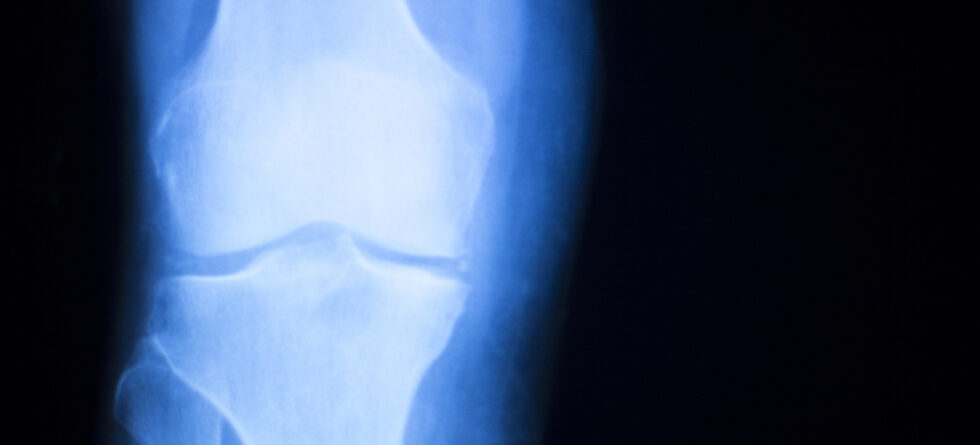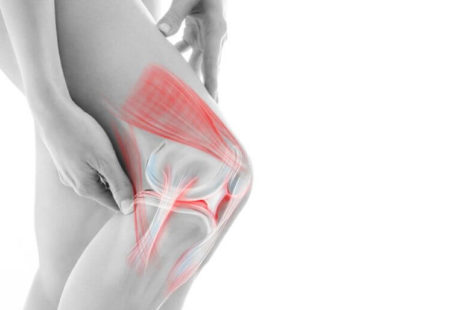Restoring knee cartilage, particularly in cases of significant damage or degeneration, is challenging, as cartilage has limited ability to heal on its own due to its avascular nature (lack of blood vessels).
However, several treatment options may help alleviate symptoms, improve function, and potentially slow the progression of cartilage loss in the knee…
- Physical Therapy – Physical therapy can help strengthen the muscles surrounding the knee joint, improve flexibility and range of motion, and promote proper biomechanics to reduce stress on the cartilage. Specific exercises and techniques may also help offload damaged areas of cartilage and improve joint stability.
- Weight Management – Maintaining a healthy weight is crucial for reducing the load on the knee joint and minimizing further cartilage wear and tear. Losing excess weight through a combination of diet and exercise can help alleviate symptoms and slow the progression of cartilage loss in the knee.
- Low-Impact Exercise – Engaging in low-impact exercises such as swimming, cycling, and elliptical training can help improve cardiovascular fitness and strengthen the muscles around the knee joint without placing excessive stress on the cartilage.
- Bracing and Orthotics – Wearing supportive knee braces or using custom orthotic inserts can help provide stability, reduce pain, and improve alignment in the knee joint, potentially relieving symptoms associated with cartilage damage.
- Injection Therapies – Several injection therapies may be used to alleviate symptoms and promote healing in cases of knee cartilage damage:
- Hyaluronic Acid Injections – Hyaluronic acid injections, also known as viscosupplementation, may help lubricate the joint and provide temporary relief from pain and stiffness associated with cartilage damage.
- Platelet-Rich Plasma (PRP) Therapy – PRP therapy involves injecting concentrated platelets from the patient’s blood into the knee joint to stimulate tissue repair and regeneration.
- Stem Cell Therapy – Stem cell therapy involves injecting stem cells derived from the patient’s own body into the knee joint to promote cartilage repair and regeneration.
- Surgical Interventions – In cases of severe cartilage damage or advanced osteoarthritis, surgical interventions such as arthroscopic debridement, microfracture, autologous chondrocyte implantation (ACI), or osteochondral autograft transplantation (OATS) may be considered to repair or replace damaged cartilage in the knee joint.
While these treatment options may help alleviate symptoms and improve function in individuals with knee cartilage damage, it’s essential to consult with a healthcare professional, such as an orthopedic specialist or physical therapist, to determine the most appropriate course of action based on your specific condition, symptoms, and treatment goals. Early intervention and comprehensive management strategies can help optimize outcomes and improve quality of life for individuals with knee cartilage damage.




